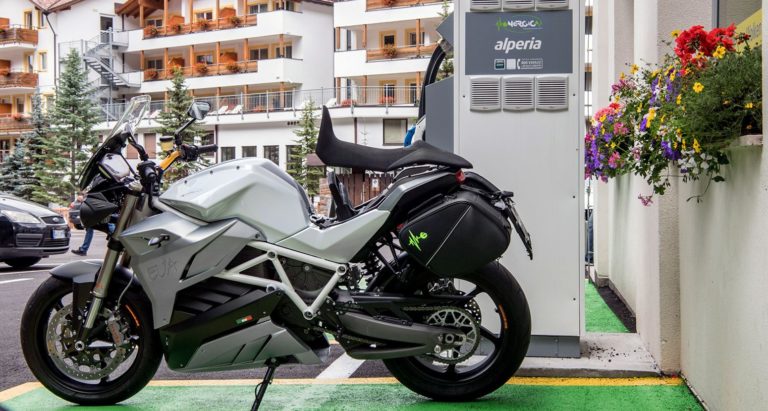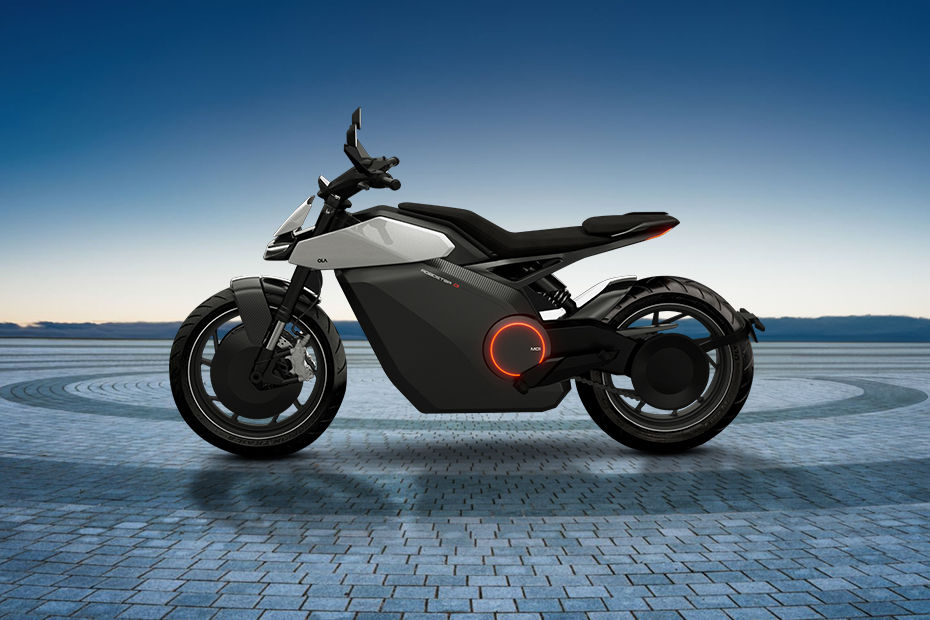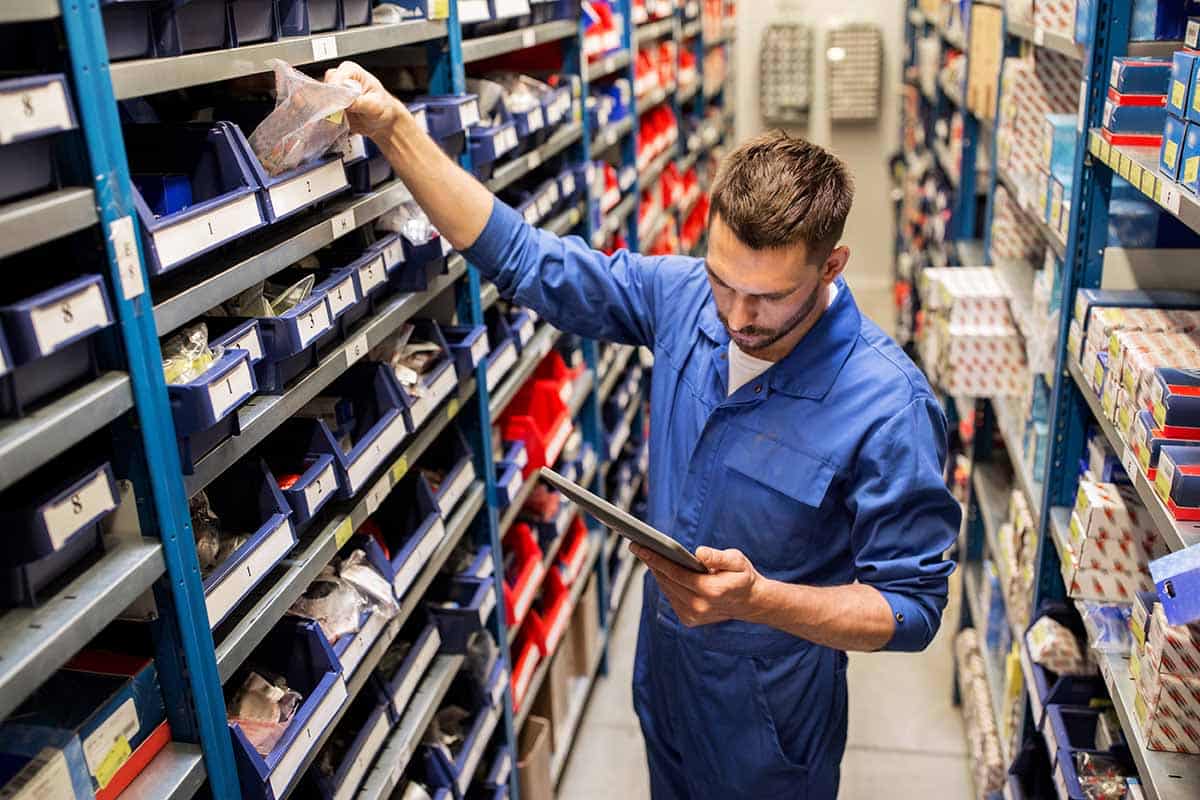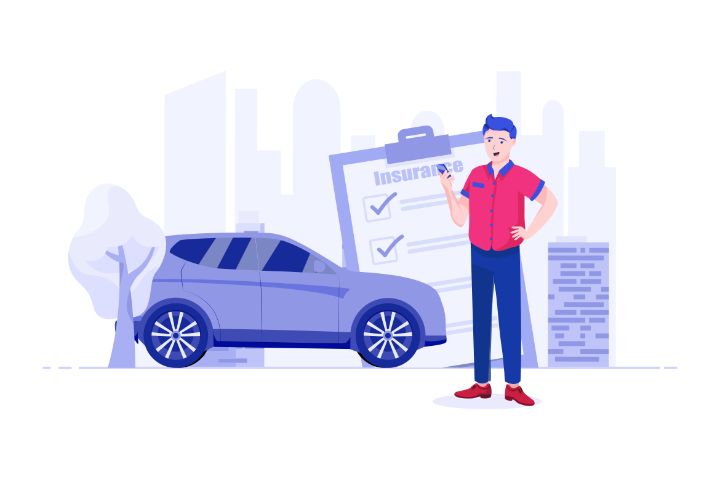How To Charge An Electric Motorcycle
Introduction
Electric motorcycles are the future of motorcycling. They’re faster, quieter and more environmentally friendly than their gas-powered counterparts. Plus, they’re also easier to maintain because there’s no engine oil or gas to deal with — just juice up your battery and you’re good to go! But how do you charge an electric bike? Here’s everything you need to know about charging your electric motorcycle battery at home or on the road:

How do electric motorcycles work?
Electric motorcycles are powered by electric motors, which are powered by batteries. The batteries are charged by plugging in to an electrical outlet. Electric motorbikes also have regenerative braking, which means that when you brake on an electric motorcycle, some of your kinetic energy is converted into electricity that can be used to charge the battery.
How long will it take to charge my battery?
The length of time it takes to charge your battery depends on several factors, including:
- The size of your battery. Larger batteries take longer to charge than smaller ones because they have more energy stored in them. If you have two batteries with the same capacity and one is twice as big as the other, then it will take twice as long to fully charge both of them at once.
- The speed of your charger (and/or charging station). Slow chargers or stations add minutes or hours onto each cycle while fast chargers reduce that time significantly–so much so that some people claim it’s possible to charge an electric car overnight!
What are the pros and cons of charging my battery at home vs. at a public station?
Pros:
- Home charging is more convenient. If you’re lucky enough to live in an area with an electric vehicle (EV) charger, then having the ability to plug your bike into a wall outlet at home is going to be much easier than schlepping all the way out there–especially if you’re on a tight schedule or just don’t feel like dealing with traffic.
- Public charging stations are more convenient. If there’s no such thing as an EV charger in your neighborhood and none nearby either, then public stations will save the day by providing another option for topping up when time is precious and distance seems daunting. And even if there are some close-by options available at home, sometimes it’s nice to have choices!
Are there any other ways to charge my battery besides plugging it in?
There are a few ways to charge your battery other than plugging it in. You can use a generator, solar panels, wind turbine or even kinetic energy from the movement of the bike itself.
Some electric motorcycles have built-in charging ports on their frames so you can plug in at home or at work while you’re parked there. Other bikes will require an adapter so they can be charged with regular household outlets (this is usually included with purchase).
With proper care and maintenance, an electric motorbike can easily last for years or even decades.
With proper care and maintenance, an electric motorbike can easily last for years or even decades. The batteries used in these bikes are often quite durable and can last for years if they’re not abused. You should charge the battery regularly to keep it at full capacity, but also make sure that it’s stored properly when not in use.
The best way to store your battery is by fully charging it before storing and leaving it plugged into a power source so that it remains charged while not being used. If this isn’t possible because you don’t have access to electricity in your home or garage where you keep your bike, then simply make sure that when you place the bike on its stand after riding it somewhere else (like work), turn off all lights/gadgets connected via USB ports before unplugging them completely from their respective outlets–this will help prevent draining power from those devices’ batteries during storage periods without causing damage over time due simply being left plugged into wall sockets while unattended
Conclusion
In conclusion, we have to say that electric motorcycles are the future of transportation. They’re clean and they’re quiet–so much so that you can even ride them inside your house! They also don’t require any fuel or oil changes, which means less maintenance for you as well as fewer trips out of town just because your bike needs repairs.





